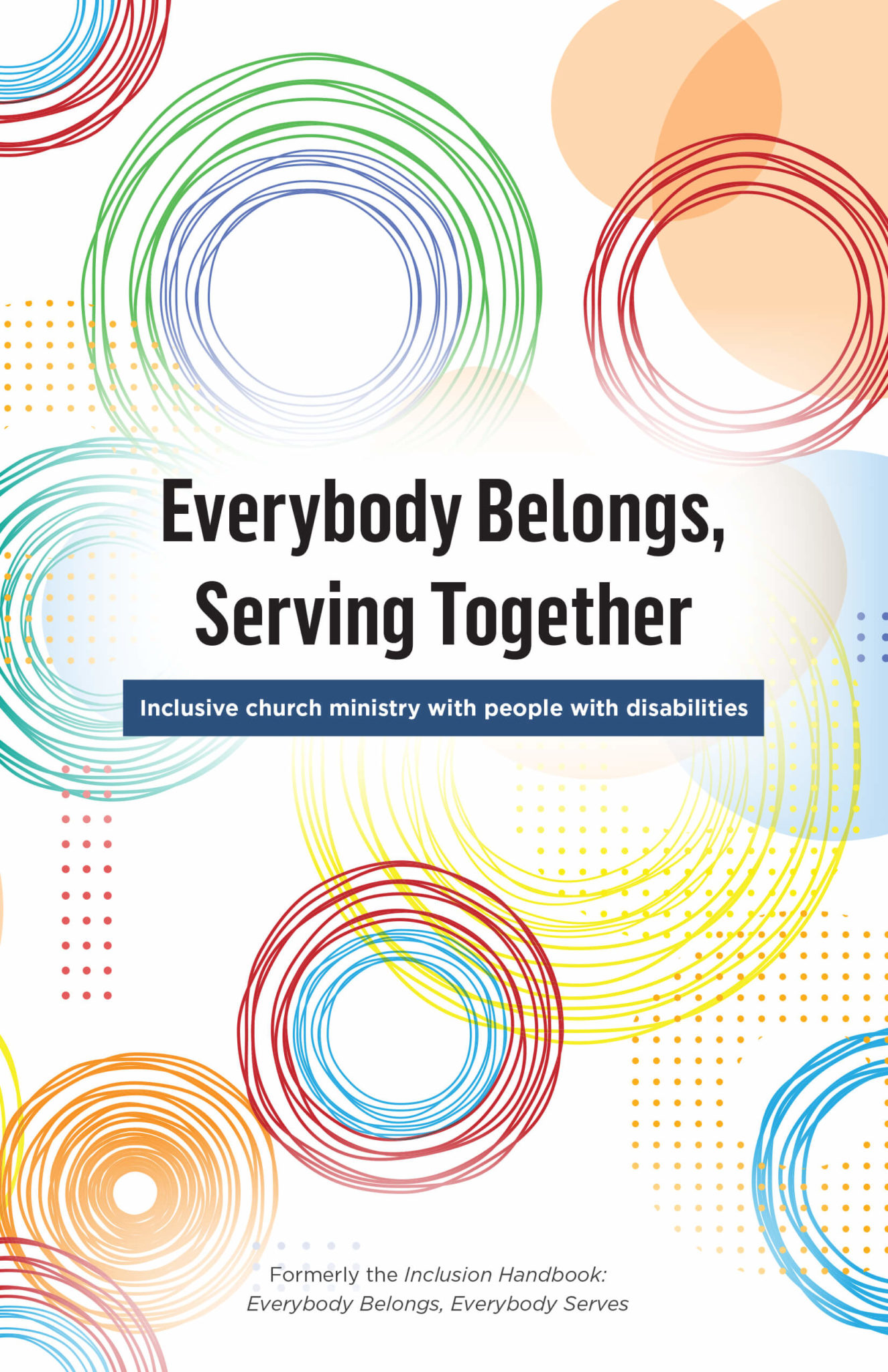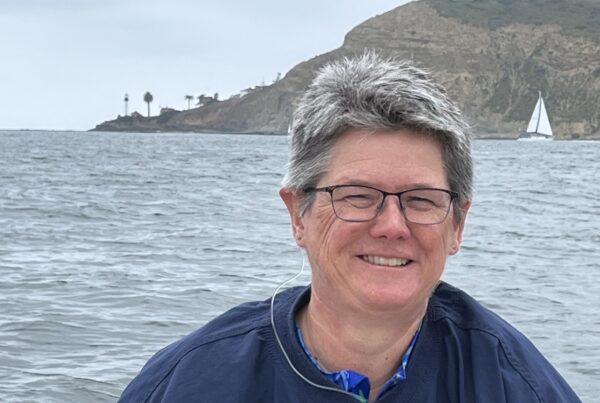Throughout my life with cerebral palsy, there have been times when my voice has not been recognized. As disability rights advocates have said in the past, the message of “Nothing about us without us” rings true in my life. Having one’s voice marginalized is a common occurrence for many folks with disabilities (be they physical, developmental, and/or emotional), and others who experience marginalization, in our day as in Jesus’ time.
One day, a friend and I went out to eat. Normally, I eat independently, but with a loaded hamburger, I asked for help. He was happy to do so!
A man at the table beside us caught our attention and said, “Nice day, eh? It must be better for her now that it’s not too hot,” referring to me in third person.
My friend wasn’t quite sure how to respond, but said, “Yes, it’s a lovely day.”
After clarifying he wasn’t my brother, they asked where we lived. He responded with “I live in Toronto,” and I jumped in with “I live in Ancaster.”
They seemed surprised by this information, and soon, we all went on with our days. I was struck by how my voice was not wanted or expected.
People with disabilities get discounted in Scripture too. For example, there’s John’s story of the man born blind (John 9). When the Pharisees questioned the man’s parents, they confirmed that he was their son, but, instead of speaking for him, they said, “Ask him; he is of age. He will speak for himself.”
John suggested that they said this out of fear of being excluded from the synagogue. In addition, I hear these as words of affirmation and words of challenge to people with harmful assumptions. In asking his parents instead of him, the leaders fall into the trap that leaders continue to fall into today.
Although I hold a good deal of power and privilege as a white, educated, ordained minister, and a PhD student, I have encountered folks like the Pharisees, who would rather talk with people around me rather than directly to me. Both Jesus and the man offer me hope and encouragement in sharing the good news in my ministry, even, and maybe especially, when I feel discounted, urging me to continue sharing.
The church participates in the sin of infantilization when people with disabilities and others from the margins are not given space to proclaim the truth of who we know God to be and how we participate in and help lead God’s mission.
I pray that people with disabilities not only recognize their experience in this reflection, but also recognize the words of Jesus inviting us into relationship and into ministry. I pray that parents and loved ones of those living with disabilities hear the significance of lifting up our voices and challenging harmful assumptions. I pray that ministers and people seeking to live as disciples of Christ continue to hear good news and follow Jesus’s example as we encounter and minister with people across all of our differences.
Listen to the audio version
From Everybody Belongs, Serving Together
Explore the full guide to inclusive ministry with people who have disabilities
- Stories and guidance directly from people who have disabilities
- An interactive accessibility audit with personalized recommendations for your church
- Suggestions for engaging with people who have specific disabilities, from hearing loss to autism
- So much more!
Miriam Spies
Miriam Spies is an ordained minister in The United Church of Canada and currently working on PhD studies at Emmanuel College, Toronto, exploring ministry offered by people with disabilities. She lives with cerebral palsy, a disability that impacts her physically. Miriam lives in Hamilton, Ontario.




